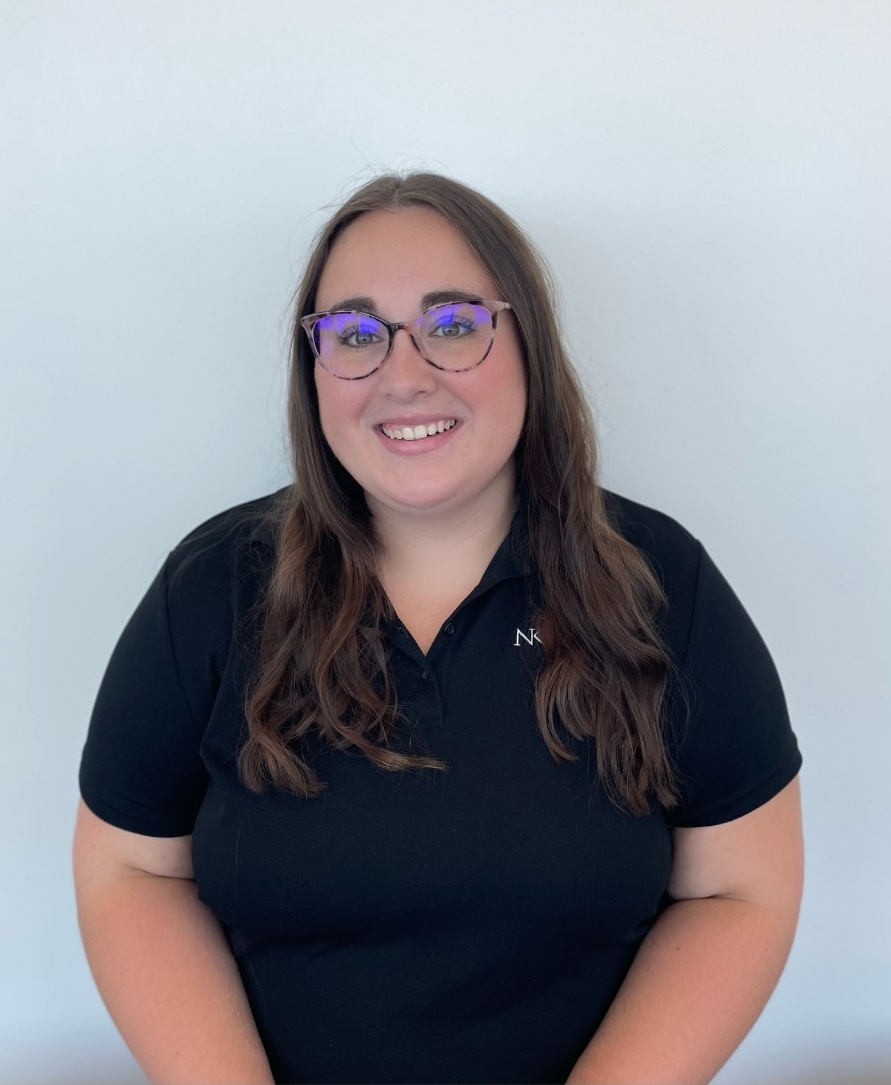
Before Madison Smith began studying occupational therapy at Northern Kentucky University, she hadn’t realized that healthcare practice could catalyze creativity. Now in her second year of the recently established Entry-Level Doctor of Occupational Therapy program, Smith has fallen in love with the field’s exciting sense of challenge.
“As an undergraduate, I was originally going to be a physical therapist,” she says. “When I started to shadow professionals, though, I started to realize how black and white it could be. I knew I could be more creative than what I was seeing, and when I saw occupational therapists working across the way and thought, ‘I wonder what they’re doing?’”
While physical therapy focuses more on treating initial injuries and recovery, Smith says that occupational therapists help patients regain their independence in completing everyday tasks like eating, getting dressed and using the restroom.
A high school athlete who participated in cheerleading and softball, Smith’s passion for sports has long informed her interest in rehabilitation. Before entering college, she helped organize adaptive sports for individuals with disabilities.
“I’ve learned a ton. My professors all work in different settings and with different populations, which has helped me learn the most I can about the profession."
Choosing NKU as her graduate school was a natural decision for Smith: “Since I went here for undergrad, it already felt like home,” she says. “I started doing research in the area, applied and got an interview pretty quickly because we have a centralized application process. They also had a start date that would fit my needs with an early graduation.”
She adds that although the transition from undergraduate education to graduate school has been a challenge due to the increased workload, the experience has been worth it.
“I’ve learned a ton,” she says. “My professors all work in different settings and with different populations, which has helped me learn the most I can about the profession.”
She also cites the Center for Simulation Education, which allows her to put her skills to action with standardized patient actors, as a major positive experience.
“I came into this program wanting to work in pediatrics, but after getting a job and working through my classes, I’m starting to see that it may not be where my skills best help,” she says. “I’ve kind of fallen in love with working with the neurodegenerative population. I think the dream would be to work in an inpatient rehab, and very long term, maybe even be a professor.”